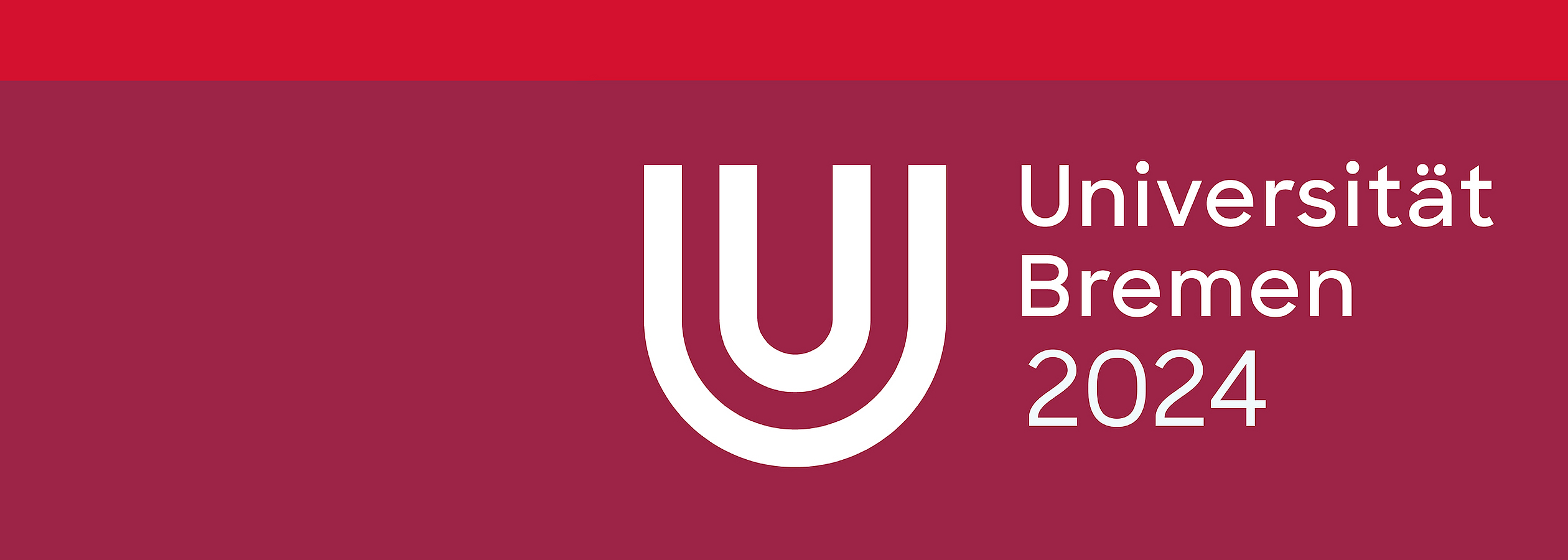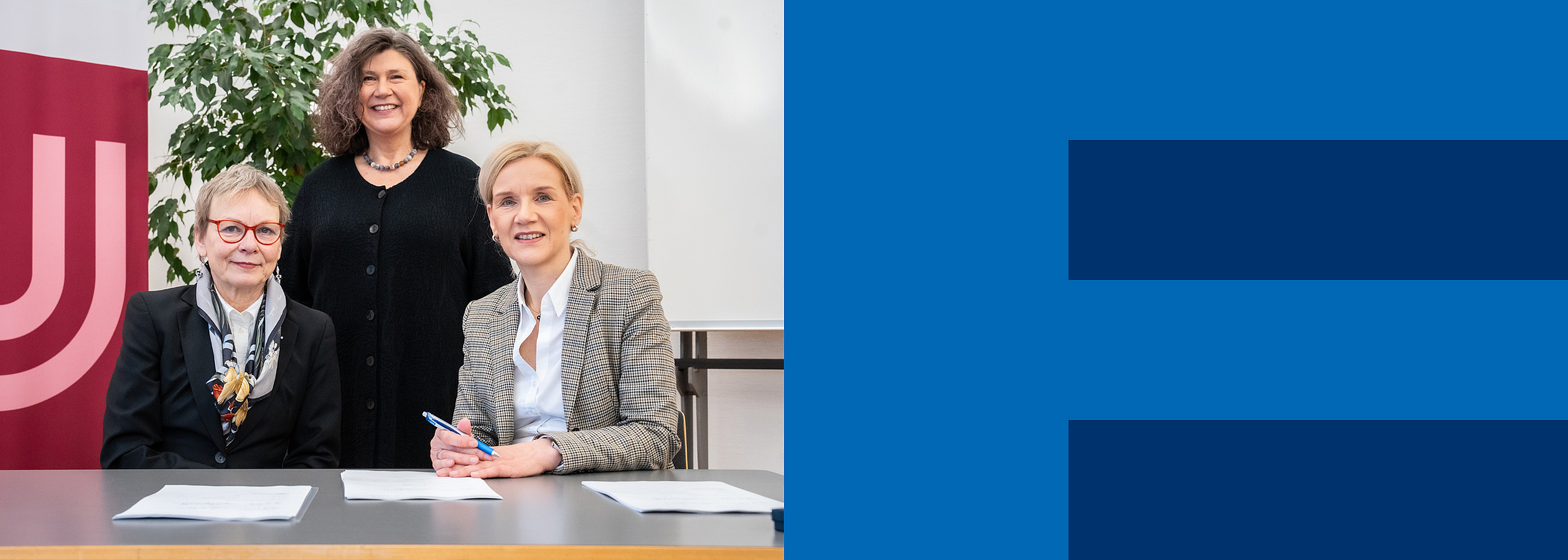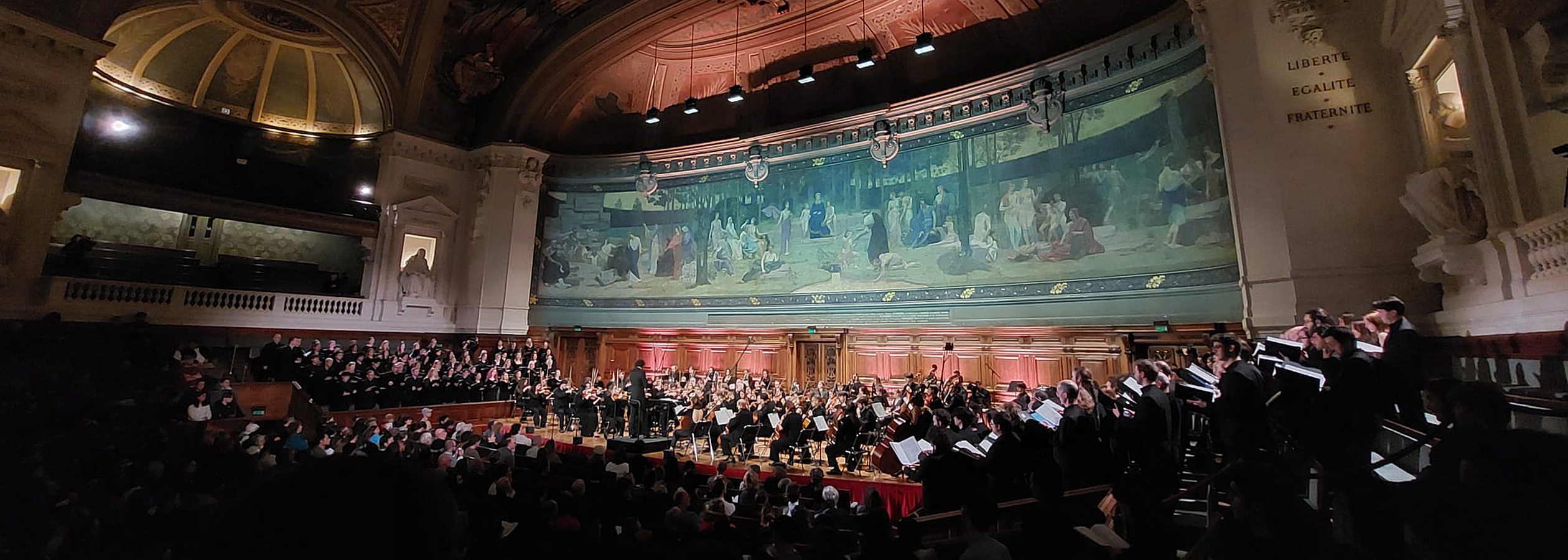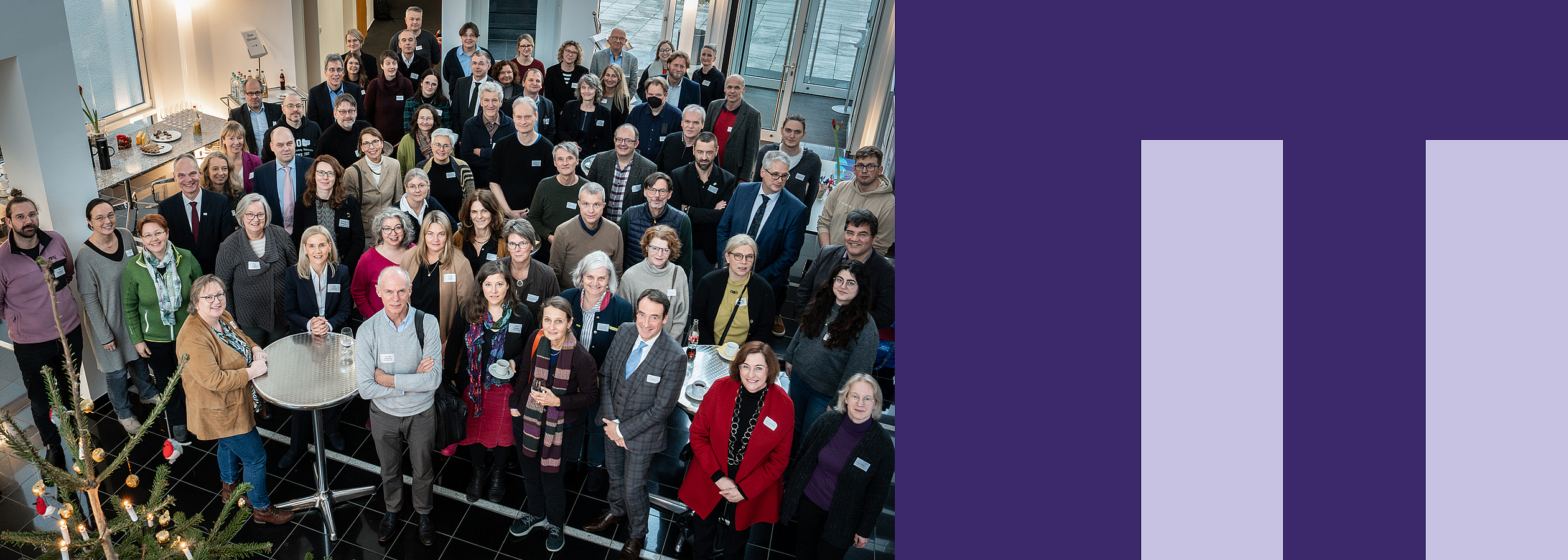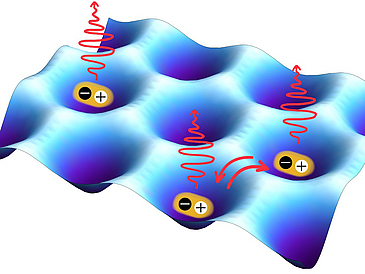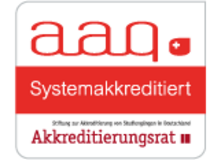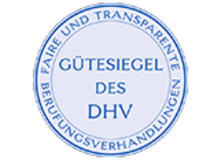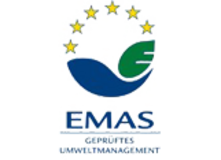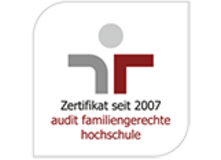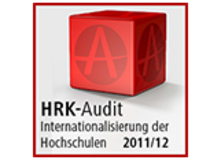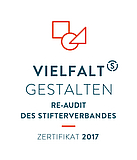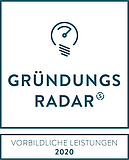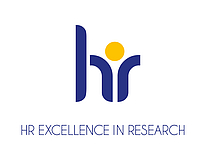Graphene belongs to one of the largest families of two-dimensional (2D) materials that have led to notable research activity across the world due to their diverse characteristics. This research activity includes the German Research Foundation’s SPP2244 Priority Program with the title “2D Materials – Physics of van der Waals [hetero]structures (2DMP),” which is being coordinated by TU Dresden. “The program connects many of the leading university-based research groups in Germany and has a total funding volume of around 7 million euros,” says Dr. Christopher Gies from the Institute for Theoretical Physics at the University of Bremen. “Within SPP2244, the University of Bremen is involved in three projects and is receiving a funding volume of around 650,000 euros.” The materials that are being assessed are named after the Dutch physicist Johannes Diderik van der Waals, who once researched the behavior of molecules and received the Nobel Prize for Physics in 1910.
That the Bremen university is present in such a sustainable manner in the ambitious research program is also down to the high level of expertise that has been acquired in the past years within the Bremen Quantum Mechanical Materials Modelling - QM3 graduate school, according to Gies. The graduate school has been working on model development for computer-aided simulations of novel quantum materials intensely for four and a half years now.
Heterostructures of 2D Materials in Focus
Heterostructures of 2D materials form the focus of the DFG priority program. Due to the weak connections between the individual crystal layers, atom-thin layers can be separated easily and subsequently be stacked again in diverse combinations. This construction block system makes material design on a quantum level possible: Researchers can set and manipulate electronic and optical features and thus create materials for new applications and foundation research.
Applications in the field of optics and research into strongly correlating electron states are of great interest to the Bremen scientists. In the first field mentioned, the focus is on materials that can emit light in a specifically targeted color but also react extremely sensitively to their direct surroundings (for example, to the presence of certain materials in the air) and to tension, “These features can, for instance, be used for LEDs and micro lasers that are integrated into chips or also for novel optical sensors,” explains the physicist Gies. Strong correlations between electrons play a significant role for research into super conduction, which is a special form of electrical conduction where electricity can be transported without any losses.
What Are the Bremen Projects About?
Dr. Christopher Gies’ project investigates the interplay between light and electrons in heterostructures of semi-conducting 2D materials. If one stacks individual atom layers of so-called transition metal dichalcogenides (these are materials such as MoSe2 or Wse2 for example), one creates a so-called type II heterostructure in which electrons energized by rays of light split and are distributed among both layers. Due to the strong interplay, the charge carriers are, however, still connected. They therefore form a unit that researchers call an interlayer exciton (IX).
As the IX components are split spatially, they are particularly durable and enable research into correlation effects, such as Bose-Einstein-condensation and super radiance. The creation of this special material form is to be made simpler by the embedding of the heterostructure in optical cavities. Optical cavities are known with regard to lasers. They serve the purpose of entrapping the light and are in this case to intensify the interplay of exciton with light so that new quasiparticles occur - thus particles that hold the characteristics of both species, IX and light quanta.
Complex Quantum Phenomena in Nanomaterials
Dr. Alexander Steinhoff’s project focuses on the heterostructures of semi-conducting transition metal dichalcogenides. Due to extremely strong particle-particle interplay and the controllable formation of particular spatial structures (so-called moiré patterns), they offer a unique platform for studies into complex quantum phenomena in nanomaterials. The research project has the aim of using these extraordinary features for analyses of gases from quantum mechanical particles. The focus will lie on to-date unanalyzed many-particle states that go far beyond the conventional image of so-called interlayer excitons (bound states of positive and negative particles that are located in differing layers) and push forward into the areas of dense Fermi-Bose mixtures and increasing exotic phases of Fermi liquids and correlated electron-hole plasmas.
Understanding and Controlling Interplay
The project being carried out by Professor Tim Wehling investigates how the collective quantum mechanical behavior of electrons in 2D materials made up of moiré patterns can be controlled. Especially the family of semi-conducting transition metal dichalcogenides, such as MoS2, WS2, MoS2, WSe2 - appears to be a promising material platform. In corresponding (hetero)structures, a complex and novel interplay of electron-electron and electron-phonon interaction with minibands, strong spin-orbit interactions, and multivalley effects are expected. Depending on the material combination, the twisting angle, and doping, strong electron correlations should be possible. Said correlations could drive these systems to Mott-insulating, super conducting, magnetic, excitonic or other (quasi)ordered states with spin, valley, and band grades of freedom. “Our aim is to understand the interplay between the above-stated degrees of freed and interactions,” states Tim Wehling.
Further Information:
Project Gies: https://2dmp.tu-dresden.de/projects/gies-schneider-reitzenstein/
Project Steinhoff: https://2dmp.tu-dresden.de/projects/steinhofflist-chernikov-hoegele/
Project Wehling: https://2dmp.tu-dresden.de/projects/wehling-wurstbauer/
www.uni-bremen.de/en/
Contact:
Dr. Christopher Gies
Phone: +49 421 218-62052
Email: giesprotect me ?!itp.uni-bremenprotect me ?!.de
Dr. Alexander Steinhoff
Phone: +49 421 218-62047
Email: asteinhoffprotect me ?!itp.uni-bremenprotect me ?!.de
Prof. Dr. Tim O. Wehling
Phone: +49 421 218-62039
Email: twehlingprotect me ?!uni-bremenprotect me ?!.de
All from the Institute for Theoretical Physics (ITP)
University of Bremen

